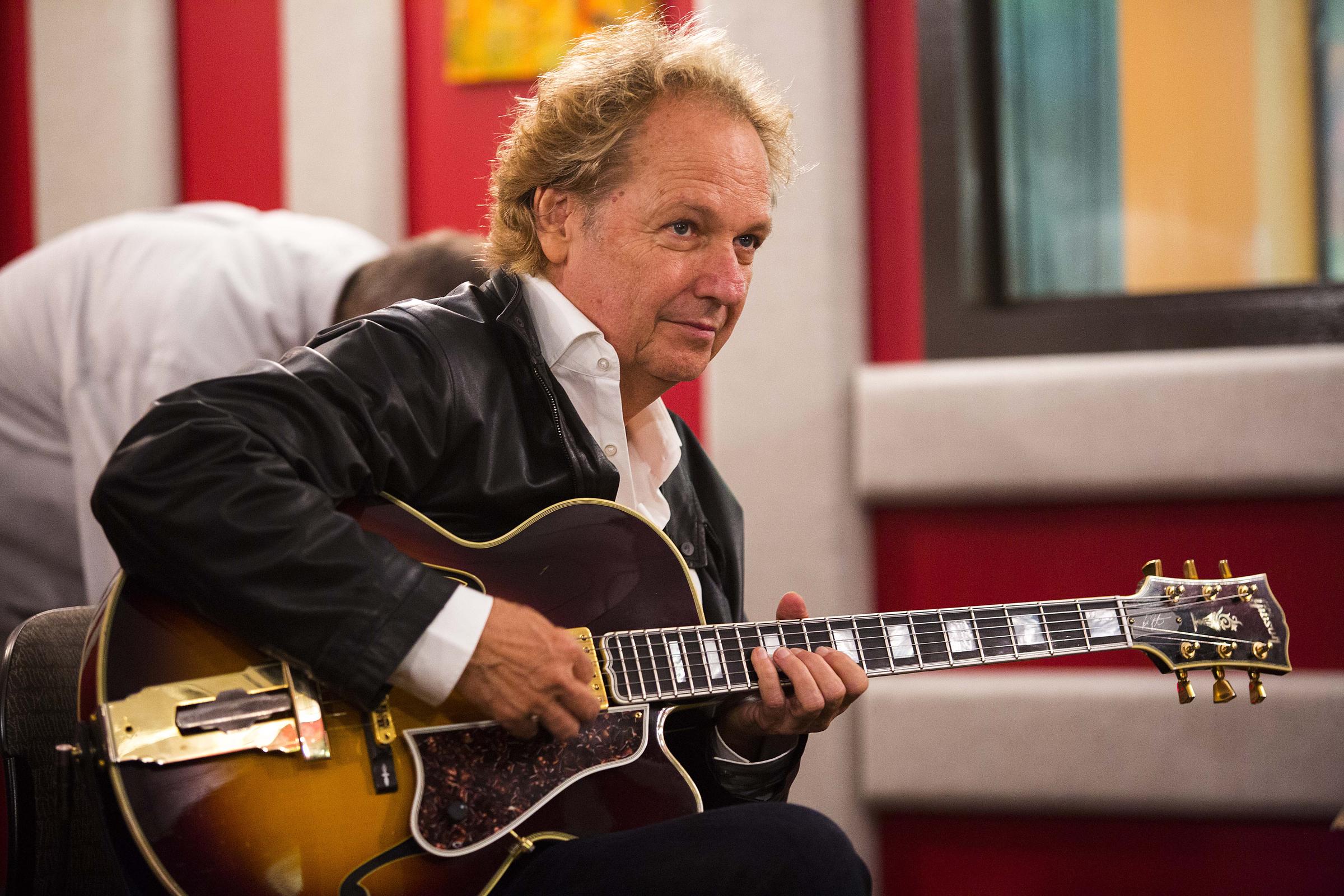
Lee Ritenour On The Line Rar
NOTE: Your browser is not recognized and the Dusty Groove website may not function properly. The following might help you find what you're looking for: • Enable cookies and Javascript on your device. • If you are using a mobile device, visit the site from a desktop machine. • If you are using an old version of your operating system or browser, upgrade to the current supported version.
• You can try using the. You may try to continue using the Dusty Groove website, and if you have any trouble placing your order online we suggest you make a list of the items you wish to buy order by phone at Monday through Friday, 10am–4pm, Central Time. The first-ever issue of material recorded in Chicago in 1962 – a rare session by pianist Dodo Marmarosa, one that was to be his last on earth! Dodo's working with a trio that includes Sam Jones on bass and Marshall Thompson on drums – in a sad, almost bluesy style that's a wonderful maturation of ideas he was expressing during his bop years, and which is similar to his last album on Argo. Success upper intermediate teacher's book pdf free. Ammons joins in on tenor sax for about half the tracks on the session, and the material is presented here with a good set of liner notes that opens up a good bit of history on Dodo.
Claire (1990) and Jack-Line (1991) are outstanding, in a more 'free jazz'. Friendship: This band of LA studio guys (Lee Ritenour, Don Grusin,. Master guitarist Lee Ritenour is joined by composer/pianist Dave Grusin in a 1985 live recording at the world-famous Record Plant. Accompanying Grusin and Ritenour are Larry Williams on saxophone and keyboards, Carlos Vega on drums, Abraham Laboriel on bass and Ivan Lins on vocals and piano.
Titles include 'Just Friends', 'Georgia', 'For You', 'The Moody Blues', 'Yardbird Suite', 'Bluzarumba', and 'The Very Thought Of You'. LP, Vinyl record album. An incredible album by one of the best soul jazz reed players to emerge from the LA scene of the 60s! Daaru desi mp4 video song download.
Amy started his career playing R&B-ish organ/ tenor material, but by this point, he was really opening up his bag a lot – hitting modalish grooves that showed definite traces of Coltrane, but which were also still firmly rooted in his Texas tenor tradition. This album's one of his rarest, and it features a very young Roy Ayers (billed as Ron Ayers) playing vibes, plus Marcus Belgrave on trumpet, Roy Brewster on trombone, and John Houston on piano. Titles include 'Way Down', 'Liberia', 'Lisa', 'Bells & Horns', and 'A Soulful Bee, A Soulful Rose'. LP, Vinyl record album.
This is an amazing rare album from Roy Ayers, and one that, we believe, was only ever issued in Japan! The whole session is made up of 4 tracks, and they were recorded during the time when Roy was playing with Herbie Mann, and recording on Atlantic. This session was cut Direct-To-Disc, and the record plays at 45 rpm for extra high fidelity! The quartet includes Sonny Sharrock on guitar, and Miroslav Vitous on bass. Cuts include 'Comin' Home Baby', 'Man & A Woman', and 'Scarborough Fair'.
LP, Vinyl record album. Guitarist Billy Bauer will long be remembered as one of the key players who helped create Lee Konitz's icy sound of the mid 50s – but apart from his work with Konitz, he barely made any other recordings, and this one album on Verve is the only one we know that has him as a leader! The session's rare as hen's teeth in any format – and it features Bauer's guitar in the lead, with rhythm backing by a trio that includes Andrew Ackers on piano, plus Milt Hinton and Osie Johnson.

The set includes some nice originals by Bauer – like 'Night Cruise', 'Lincoln Tunnel', and 'Moon Mist' – all of which are as evocative as their titles, and which show Bauer's style on the guitar to be one of the more compelling modernist ones of the 50s. LP, Vinyl record album. Just tenor and drums, coming together beautifully – the former from Binker Golding, the latter from Moses Boyd – a contemporary London duo who step out here in a soulful, almost spiritual mode! The music is loose, and very exploratory – yet never too free to swing – and always has this sense of rhythmic cohesion that almost seems to come more from Golding's tenor than it does from the drums of Boyd – although both players seem to shift back and forth in terms of centering the performance.